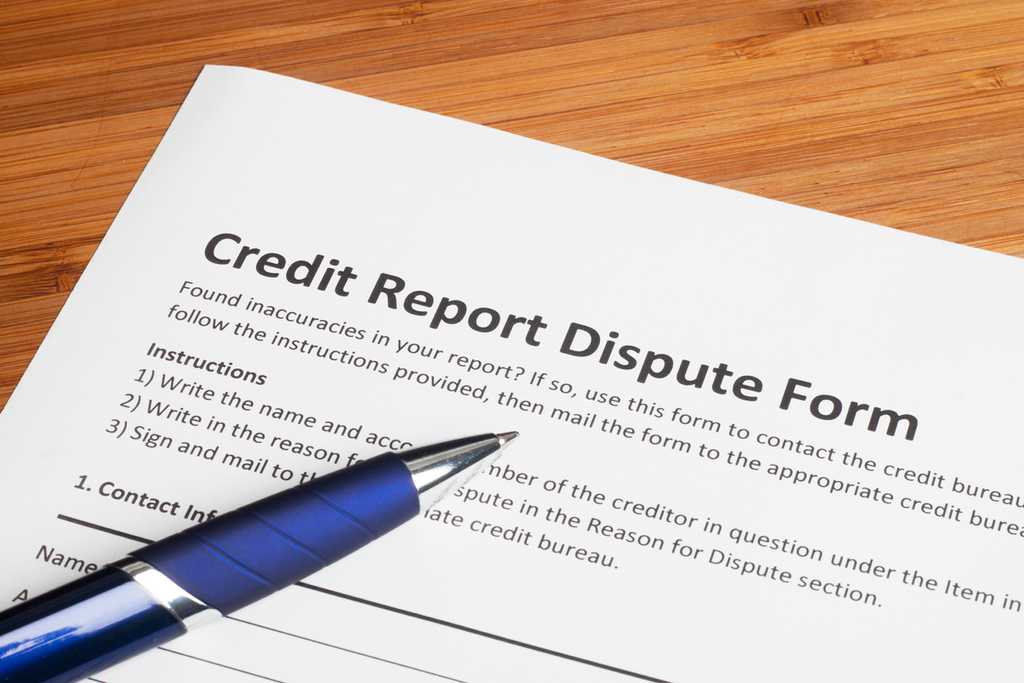
The three major credit reporting agencies Equifax, Experian, and TransUnion now allow free weekly access to your credit reports. Go to AnnualCreditReport.com to request your free copies.
Prior to 2020 everyone was entitled to a free credit report annually but due to the financial uncertainty caused by the COVID-19 pandemic the bureaus temporarily made free reports available weekly. That has now been made permanent.
Reviewing your credit reports regularly can alert you to signs of identity theft and other problems.
If errors are found in your reports, they should be reported to the credit agencies promptly.
Consumer Reports conducted a survey and found that more than one-third of those surveyed discovered significant errors in their credit reports, including accounts they didn’t recognize.
Errors in your credit reports can lower your credit score and make it difficult to open lines of credit.
Obtaining your Credit Reports
Visit https://www.annualcreditreport.com/ to request your free copies.
Once you have your reports review them for errors.
Information to Review
Ensure that the following information is accurate and up to date.
Name
Social Security Number
Current and Previous Addresses
Phone Number(s)
Date of Birth
Marital Status
Employment Information
Confirm that all the accounts listed are accurate and belong to you and verify the account balances. If you have closed accounts, they should be listed on your reports as “closed by consumer”
Confirm the accuracy of negative information listed in your reports.
Check that no negative information older than seven years old is listed (except as permitted by law)
If Errors Are Found
If errors are found in your credit reports, gather the supporting documentation that backs up your claim such as statements, payment records and legal documents. If the errors are related to identity theft include documentation associated with the crime.
Then report the errors to the credit bureaus.
Equifax
https://www.equifax.com/personal/credit-report-services/credit-dispute/
Experian
https://www.experian.com/disputes/main.html
Transunion
https://service.transunion.com/dss/login.page?dest=dispute
Once the bureaus receive your dispute documentation, they have 30 days to investigate.
If you are submitting your dispute by mail, send it by certified mail so that you have a record of it being delivered.
Keep copies of all documentation you used when filing the dispute.
The credit agencies are required to notify the business that supplied the information.
The credit reporting agencies will notify you of the outcome. If the dispute is successful, the credit bureaus will correct your report and send you an updated copy. Regularly monitor your reports to ensure everything is in order.
Thanks for the Read !!!!
take care
LikeLike